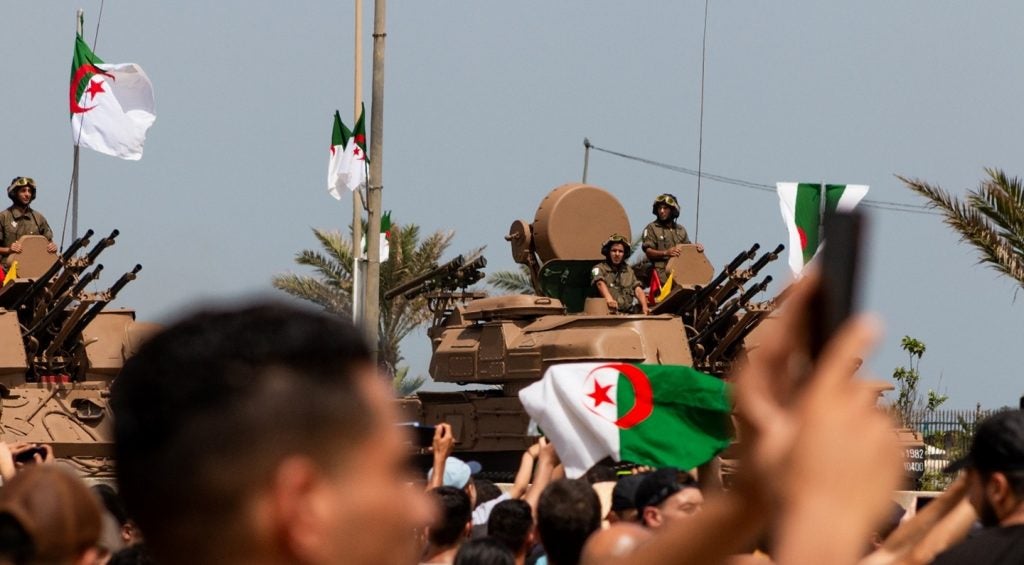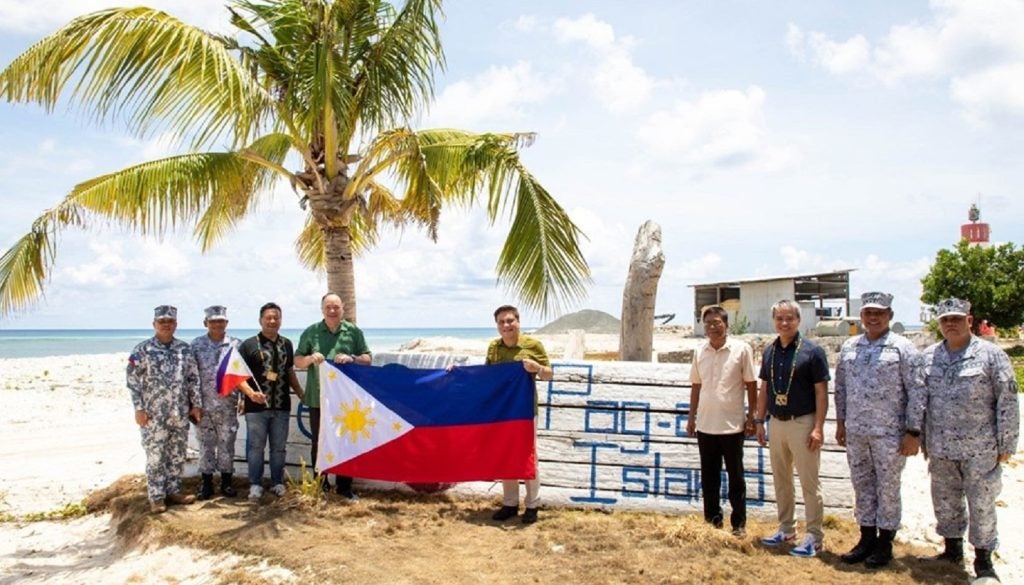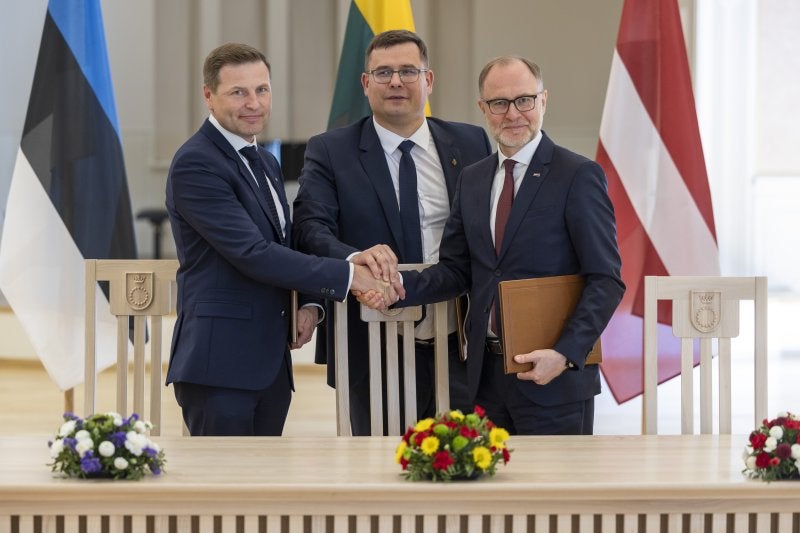Algeria’s defence spending has more than doubled in the last four years and GlobalData projects this growth to steady in the coming decade.
This decision is made largely in response to numerous coups deposing democratically elected governments across the Sahel region, a troubled and arid strip of Africa from Mauritania to the Red Sea.
Burkina Faso, Chad, Gabon, Guinea, Mali, Niger and Sudan have all fallen to internal crises since 2020, creating a belt of unstable countries along Algeria’s southern frontiers. This instability offers fertile ground for the growth of radicalism – a enduring problem that has plagued the region, and to which Algeria is no stranger.
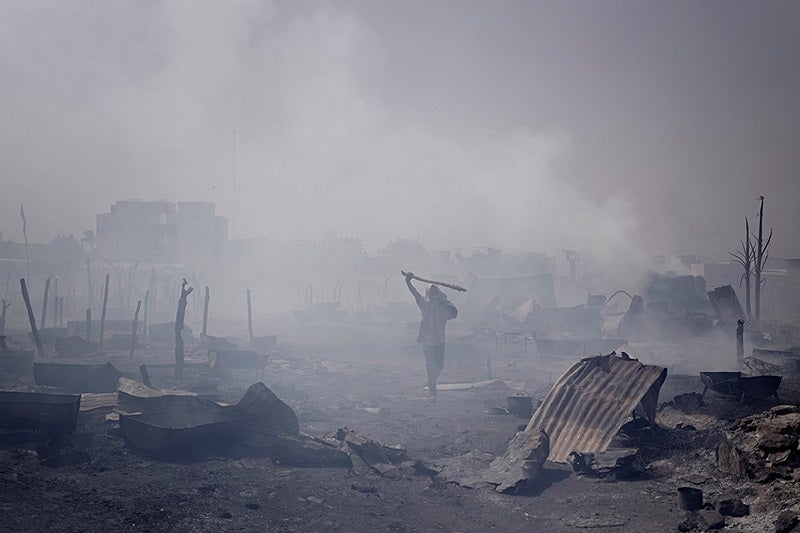
With more than 1,300 kilometres of shared borders along which local communities maintain close ties, Algeria and Mali have numerous links.
Going far beyond a simple co-existence, Algiers regards Mali as vital to its geostrategic interests. Given the geographic and ethnic continuity across their respective territories, instability on one side of the border can have direct implications on the other.
Considering “the north of Mali as its natural backyard”, the potential domestic implications of Northern Malian Tuareg irredentism have been a longstanding source of concern for Algeria.
Over the years, Algeria has been involved in the Malian conflict by playing mediating roles among different parties. Accordingly, Algeria may seek to strengthen this presence by sending troops, at the very least, to the north of Mali to observe developments there and stop terrorist organisations from expanding their influence, especially if France decides to reduce its forces in the Sahel.
Algerian defence budget growth
Algeria’s defence spending more than doubled, stretching from $9.7bn in 2020 to $21bn in 2024, exhibiting a remarkable compound annual growth rate (CAGR) of 21.3%.
Looking forward, over the forecast period of 2025–29, defence expenditure is anticipated to increase from $21.5bn in 2025 to $23.2bn in 2029, reflecting a CAGR of 1.8%. Concurrently, the acquisition component of defence expenditure is anticipated to increase at a CAGR of 1.6% during 2025–29. The country is projected to cumulatively spend $111.9bn over 2025–29.
As a percentage of GDP, the country’s defence expenditure is anticipated to average 9.6% assuming the percentage of GDP will remain constant over 2025–29, compared to the historic-period average of 6.4% over 2020–24.
Russia, Algeria and the Sahel
Currently, Russia has consolidated a 20-year-old partnership with Algeria defined by economic cooperation and arms trade.
Between 2016 and 2023, Russia made up 61.3% of Algeria’s military imports, worth $5.8bn, compared to US trade worth 0.1%, or $1.1m worth of equipment. In that spirit, Algeria is in the process of procuring 14 Sukhoi 57 Felon fighter aircraft in a $2bn deal signed in 2019.
This aircraft is a fifth-generation, stealth, multi-role jet developed by United Aircraft – a part of the state-owned defence company Rostec – to destroy various land, airborne and maritime targets. This will provide substantial aerial superiority in its airspace should instability from its southern neighbours pour over the border.
However, Algeria ought to be wary of its Russian defence contracts as Russia continues to mobilise its economy on a more intense war footing against Ukraine, which will not free up its industry to deliver sales to the Global South.
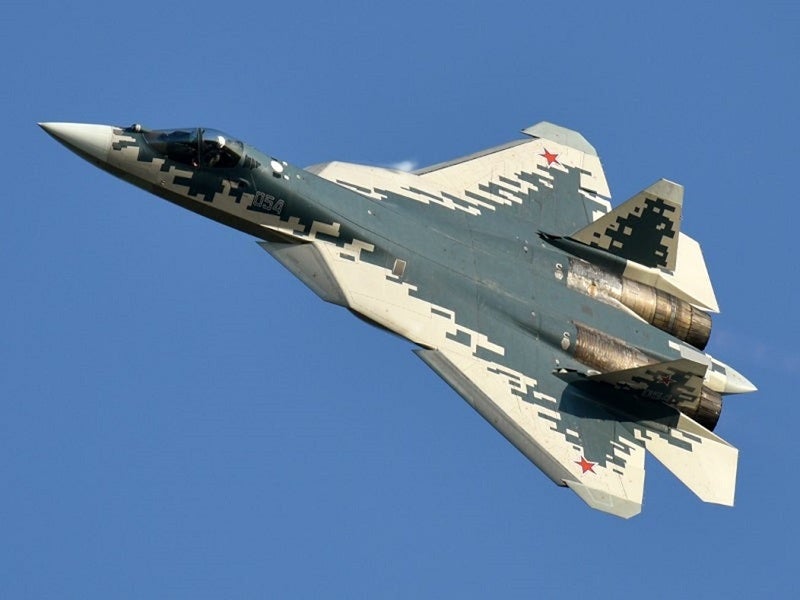
Russia's foreign policy is to double down on its relations with countries in what has been dubbed rather loosely with the troublesome label, the 'Global South'.
Essentially, this is a vast region of the world understood to have a relatively low level of economic and industrial development, located south of a more economically vibrant Global North.
Algeria and the Sahel are integral to Russia's policy to not only exploit Western missteps in the Global South, but also to demonstrate that the country is not out of favour with the rest of the world.
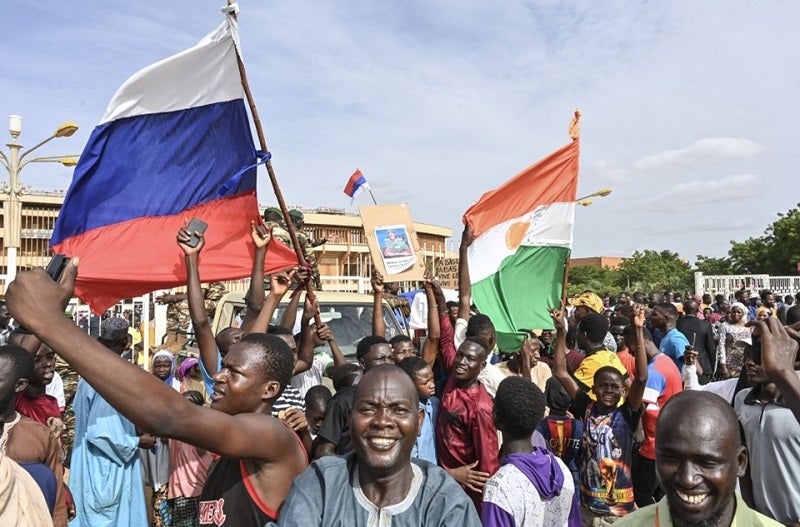
The Washington security research group the Carnegie Endowment for International Peace identifies a disruptive geopolitical motivation behind Russia’s influence in the Sahel:
“Its presence delivers good publicity that undermines Western attempts to isolate Russia.
“To be sure, Russia’s track record is mixed. It has had most success in internationally isolated and deeply troubled Sahelian states, and it has struggled to make inroads in several African democracies,” except for Algeria, which continues to prosper.
“Nevertheless, Moscow has proven that it knows how to take advantage of governance shortfalls, instability, and security vacuums in Africa.”


